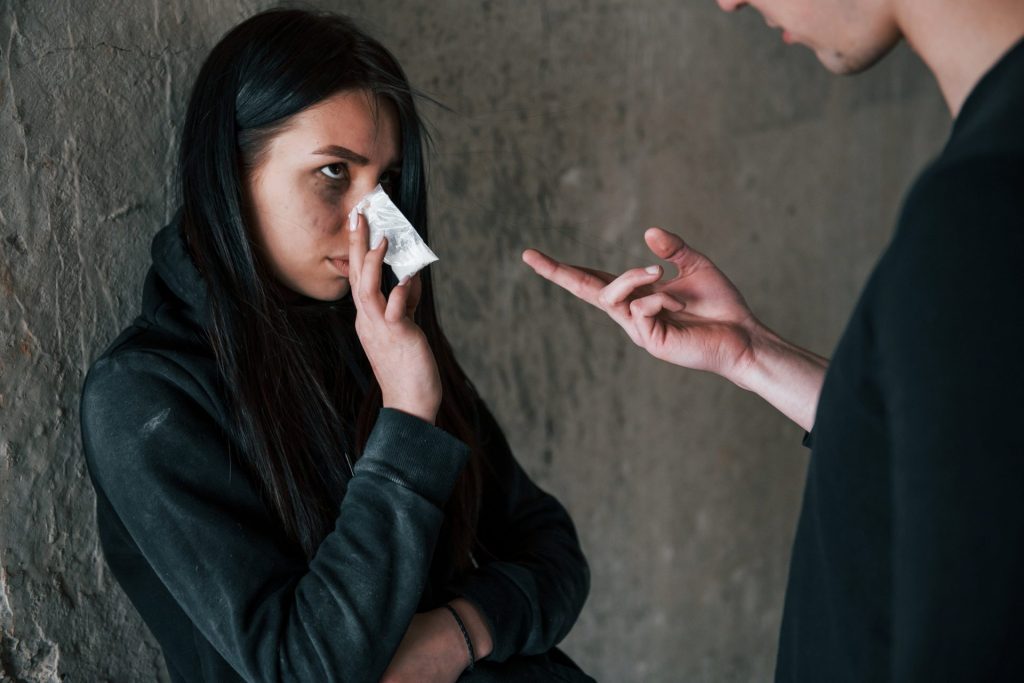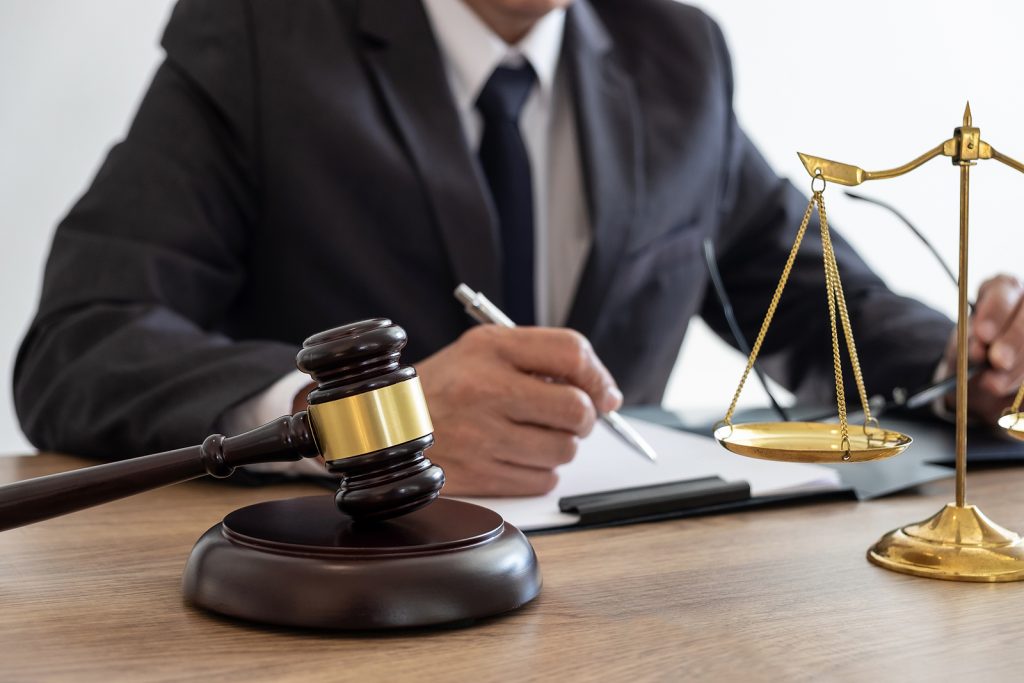Police brutality incidents are more common than what most people might want to believe. In 2020, over 1,000 civilians were shot dead and thousands were injured due to the aggressive tactics used by police officers.
However, police officers do not have carte blanche to use force against civilians. If and when they cross the line, they can and should be held accountable for their actions. In this article, we have answered four of the most common questions that police brutality lawyers in Florida are often asked by their clients.
What Constitutes Police Brutality under Florida Law?
Under Florida law, any display of force against a civilian by a police officer – when there is no need to use force at all – can be considered police brutality. Similarly, any display of excessive or disproportionate force against a civilian by a police officer can also be considered police brutality.
What Are the Most Common Examples of Police Brutality?
This is one of the most common questions that police brutality lawyers in Florida are asked. In a vast majority of cases, police brutality involves physical violence. The common examples include:
- Punching
- Kicking
- Applying a choke hold when there is no need to do so
- Hitting with a baton, flashlight, or any other object
- Using pepper spray or taser when it is not necessary to do so
- Sexual abuse or assault
- Using a firearm when it is not necessary to do so
In some cases, a police officer can be accused of misconduct or brutality, even in the absence of physical violence. The common examples include:
- Using racially or sexually disparaging language against a civilian
- Verbal threats of physical or sexual violence
- False arrest
- Acts of racial, ethnic, or religious discrimination
Do Police Officers in Florida Have Qualified Immunity?
Yes, they do. However, qualified immunity does not give them blanket protection against blatant acts of misconduct or brutality. A competent Florida police brutality lawyer can hold them responsible for their actions and help you get justice.
What Should a Civilian Do in the Event of Police Misconduct or Brutality?
- Do not say ‘I know my rights’, ‘I’ll see you in court’, ‘I pay your salary’, or anything to that effect. It only works in movies. Tell them your name and address (if they ask you for it) and stay silent.
- If you are injured by the officer, make a note of their name and badge. Take photos of your injuries and write down everything you remember about the incident.
- If the officer says they are going to arrest you, do not resist – even if you know it is a false arrest.
- Call a Florida police brutality attorney as soon as you are allowed to do so.
Are You a Victim of Police Brutality in Florida? Experienced Police Brutality Lawyers are Here to Help
If you have been injured, falsely arrested, or ill-treated in any way by a police officer, experienced Florida police brutality attorney Chad Piotrowski can help you.
A former prosecutor, Chad Piotrowski has extensive experience in handling police misconduct and brutality cases and knows how to hold police officers accountable for their unjustifiable acts of aggression.
To find out how our Piotrowski Law team of police brutality lawyers can help you, call our firm today at (305) 204-5000 or contact us online and schedule a free consultation.



